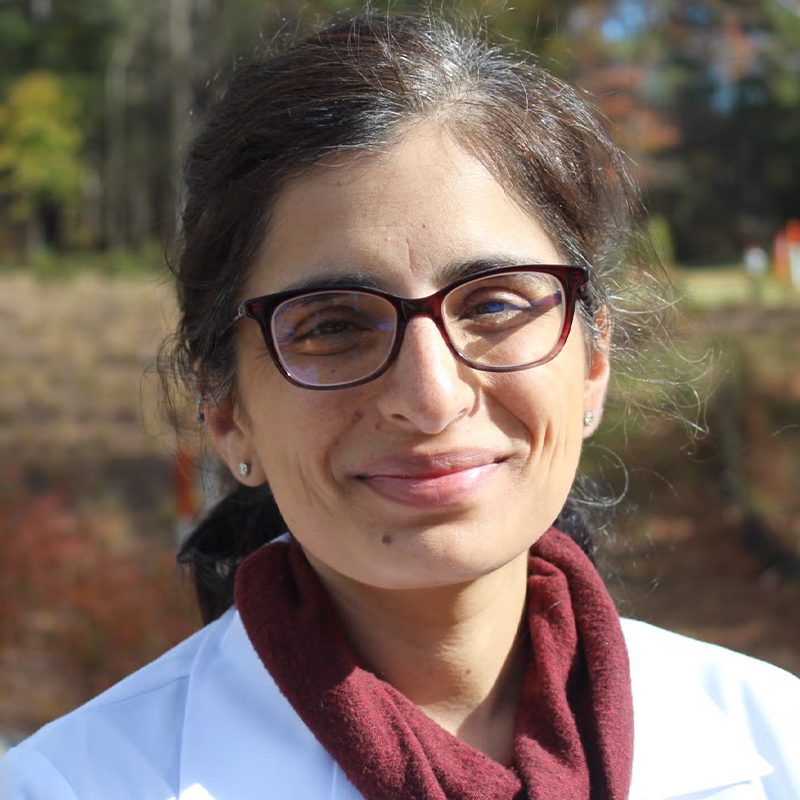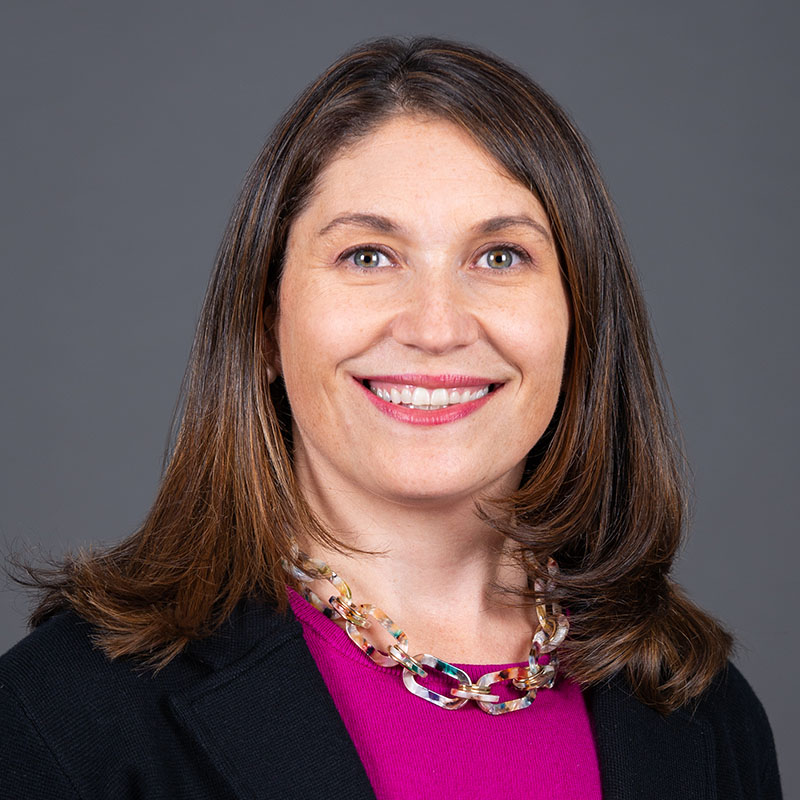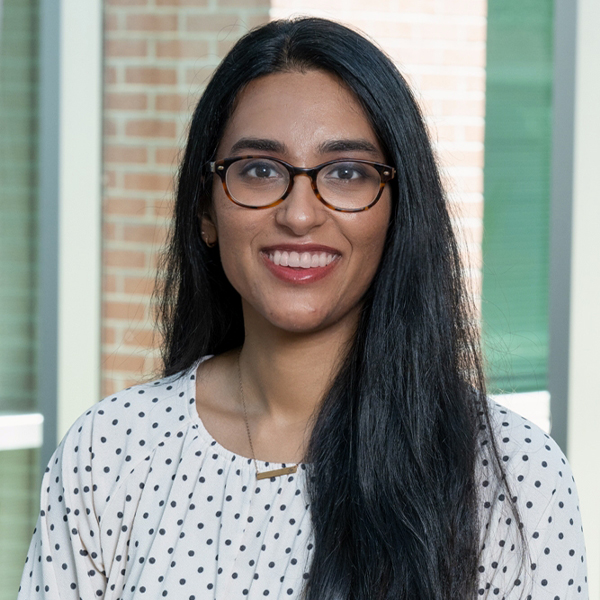September is Women in Medicine Month, a time to celebrate the achievements of women in medicine across all stages of the profession.
The journey has been long. The first U.S. medical college for women opened in 1848 in Boston with just two instructors and 12 students. By the early 20th century, women were admitted to formerly all-male schools, propelled by the momentum of the feminist movement. Elizabeth Blackwell, MD became the first woman to earn a medical degree in 1849, later cofounding Manhattan’s New York Infirmary for Indigent Women and Children to serve low-income families. In 1864, Rebecca Lee Crumpler, MD became the first Black woman physician to matriculate at Boston’s New England Female Medical College, later dedicating her work to caring for formerly enslaved people in Virginia.
These pioneers carved the path we walk today. Yet progress requires ongoing effort—particularly in ensuring equity in career advancement, compensation, and leadership.
The ASGE Women’s Committee exists to meet this moment. Our mission is to support and promote the advancement of women in gastroenterology and endoscopy through mentorship, leadership development, education, and advocacy. We work to ensure that women have equal opportunities for career growth and recognition in the field.
To achieve this mission, the Committee has focused on four key initiatives:
- Mentorship & Sponsorship: Creating connections between early-career and senior women in endoscopy to provide guidance and pathways for advancement.
- Visibility & Recognition: Ensuring that women are represented appropriately at all levels of ASGE engagement, and highlighting their contributions at Digestive Disease Week (DDW), in ASGE publications, and through awards.
- Leadership Development: Preparing women for leadership roles—within committees, on editorial boards, and in national speaking opportunities.
- Advocacy & Inclusion: Working to ensure ASGE’s policies, educational programming, and leadership pipelines reflect the needs and perspectives of women in the profession.
Importantly, these efforts are collaborative. Women’s committees now exist across AGA, AASLD, NASPGHAN, and ACG, creating shared platforms to address issues such as equity, parental leave, and workforce sustainability. Men are integral to these conversations—because equity benefits everyone.
Authors

Shifali Arora, MD
UNC School of Medicine
Chapel Hill, NC

Sarah Diamond, MD, FASGE
Oregon Health & Science University
Portland, OR

Sagarika Satyavada, MD
UT Health Austin Digestive Health
Austin, TX